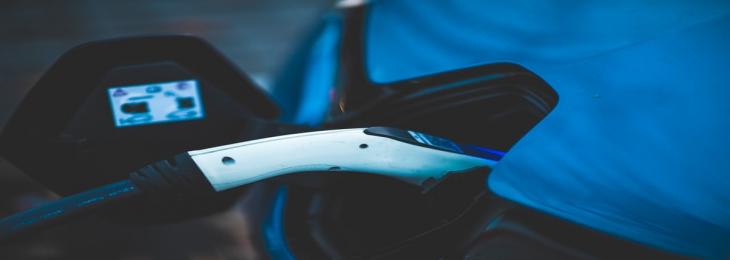Jun, 2021 - By WMR

The organic-based batteries are developed with higher storage and energy density than the old lithium-batteries
A new research carried out by scientists of the University of Houston states that organic-based EV batteries are the key towards sustainable transportation. Although lithium-batteries are effective source of power in electric vehicles, these batteries come with several issues, environmental degradation being one of these. These batteries are not eco-friendly and may damage the environment.
As the demand for electronic vehicles is expected to grow, the demand for lithium-batteries would be at pinnacle. The center of this conundrum is cobalt mining. Mining is not only a major cause of environment degradation and water pollution, but also an exploitation of child labor. This metal is also harder to get recycled further.
However, the new devices can be developed with organic materials and architecture. The infrastructural development of these batteries is mainly focused on the use of solid-state electrolytes. Usually, batteries possess liquid electrolytes solution where electrical charges move in two electrodes, that is, cathode and anode. However, scientists from University of Houston developed an alternative organic architecture for batteries using solid-state electrolytes. This architecture possess ten times more energy and is efficient than current devices as the battery could consist of lithium metal anode. However, the limitation of these batteries is that they have limited energy density due to lack of cobalt. So to overcome this limitation, scientists developed organic material called pyrene-4,5,9,10-tetraone (PTO). This formed a new arrangement and resulted in more ions interaction within the cathode, which enhanced the energy density up to 83% that is 302 Wh/kg. The new arrangement of this organic batteries enhances the efficiency of earlier batteries and is also environment friendly, which would not cause any harm to the environment.

We will be happy to help you find what you need. Please call us or write to us: